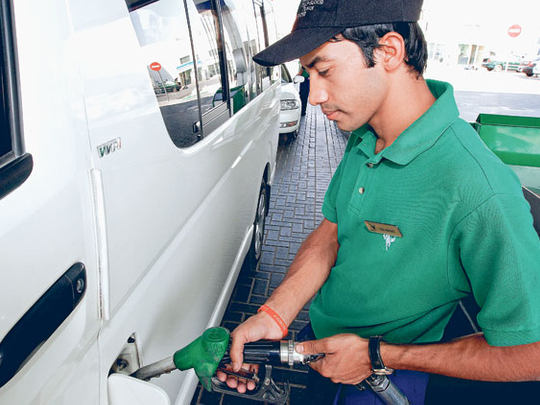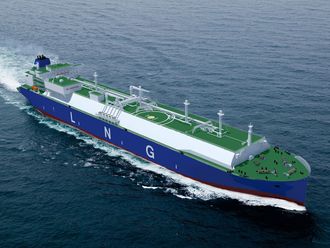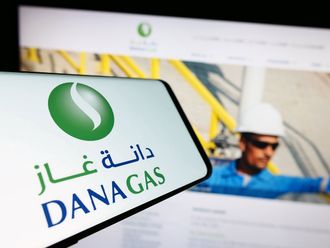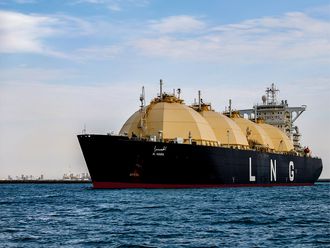
Dubai: This summer, like most, petrol prices are expected to rise.
Summer weather means people drive more, and higher demand for petrol leads to higher prices. But there are plenty of things drivers can do to reduce how much they spend at the petrol station this summer.
Using cruise control on the highway, babying the engine and driving smartly can all add multiple miles to a single tank of petrol, and save hundreds of dollars over a year of driving.
Choosing wisely
We consulted Gas Buddy's DeHaan and reports produced by the United States Department of Energy in compiling ways to save this summer. All fuel-economy benefit data and equivalent gasoline savings estimates are from www.fueleconomy.gov.
Eleven tips to make summer drives more affordable
Tips: How to cut your gas bill
We talked with Porsche spokesman Dave Engelman about what the Stuttgart, Germany-based company is doing to improve efficiency in their racecars. We also consulted Christie Hyde, a spokeswoman for AAA, about how fuel efficiency affects depreciation rates and the best way to increase gasoline mileage during summer driving.
The biggest gain in fuel economy is a one-time decision with far-reaching consequences: it involves the type and size of the engine in the car itself.
Smaller engines (4-cylinders) need less fuel than larger engines (V6s and V8s), which can mean a 20% difference in the amount of miles sucked from one tank of gas.
Assuming a year of 15,000 miles, on fuel that costs $2.86 per gallon, the difference between getting 20 miles per gallon on the highway and one that gets 30 mpg is more than $700.
What to know before buying a green car
Cars with the best gas mileage
Simple tips for your road trip
According to a AAA depreciation report released last month, the prospect of saving money at the pump--or not--affects not just what vehicles people choose, but the depreciation of the cars themselves. Last year small sedans were the only auto segment that decreased the amount they depreciated.
Hyde knows why: "We really believe it is being driven by this desire for more fuel-efficient vehicles. Even though gas prices had dipped for awhile, they're starting to come back up, and people are starting to look for more fuel-efficient vehicles and realising--whether for financial reasons or environmental reasons or both--the benefit of those."
Certain types of engines also get better mileage than others. Diesel-powered vehicles offer a fuel-economy benefit of 40 per cent better mileage than gasoline-powered engines.
They do cost a bit more up front, but they save money in the long run: the $22,830 Jetta TDI gets a whopping 42 miles to the gallon on the highway and costs less to own over the long run than the base $17,735 Jetta, which gets 30 mpg on the highway ($35,021 over five years, versus $36,220).
Details matter
After that initial purchase decision, it's the little things that add up to cheap driving. Shedding ski racks, tow apparatus and old luggage is one of them.
Even the pro racers do it: "We're spending lots of money trying to reduce the weight everywhere we can, every place that we can," says Engelman, who heads communications for Porsche's racing team.
It's one reason why the company developed a unique flywheel system for its 911 GT3 R Hybrid racecar, rather than using a heavier hybrid-battery system (a power generator fitted inside the car, next to the driver, delivers energy to electric motors near the wheels).
Reasons not to buy a hybrid
Cars with the worst fuel economy
However, even something as simple as using the correct motor oil affects gas mileage. It's a small gain but, combined with everything else, it'll add up.












